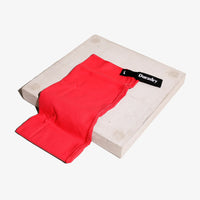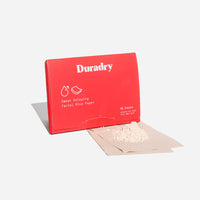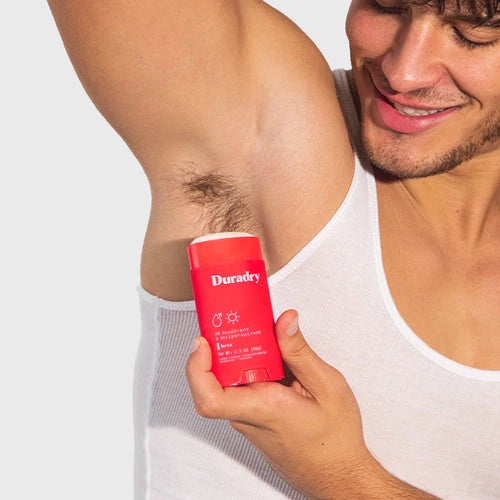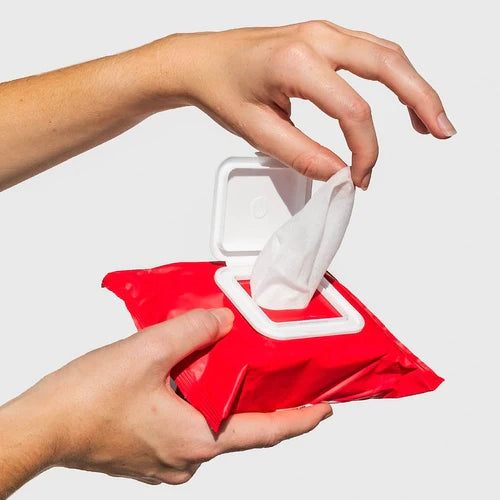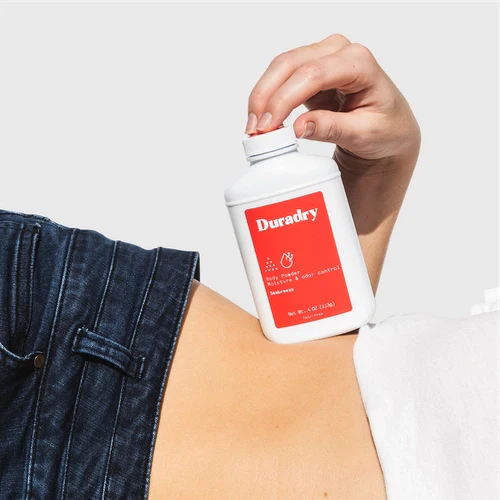You’ve probably heard that sweating burns calories, right? And that once you start sweating, the calories just keep on burning. But is this really true? The answer may surprise you. In this blog post, we’re going to explore the science behind sweating and calorie burning, and determine whether or not you’re actually burning more calories when you sweat. We’ll also dispel some of the common myths about sweat, and explain why you might be wrong about how much weight sweating will burn. So whether you’re looking to burn a little bit of stubborn weight, or just want to know the truth about how sweat affects your body, read on!
It sounds logical, but...
You might have heard that sweating is a great way to burn calories. After all, it makes sense—sweating is a natural reaction to the heat. But is that really the case? The truth is, sweating does not cause significant calorie loss.
Can Sweating Burn Fat?
Most of us believe that sweating means burning calories, but unfortunately, no. You’ll probably break a sweat during an intense fat-burning workout — but the sweat isn’t the reason you burn fat.
Fat burning is a metabolic process. When you exercise, your body breaks down carbohydrates and fats in order to generate adenosine triphosphate (ATP) — your body’s energy currency. Sweating, on the other hand, is a cooling process.
Therefore, forcing ourselves to sweat more by working in hot conditions or wearing heavy clothes will not lead to additional fat loss.
The only way to achieve fat loss is by following quantified nutrition and creating a calorie deficit. Along with this, a regular workout regime is needed.
Does Sweating Burn Calories?
While sweating doesn’t burn fat, the internal cooling process is a sign that you’re burning calories. Whether those calories come primarily from fat or carbs will partly depend on the intensity and duration of your workout. Typically, carbohydrates are used first but after a certain time period, the body must go to fat reserves to burn for energy.
However, The act of sweating itself doesn’t burn calories – at least, not an amount that’s measurable. With that said, Since sweat is mostly water, you’re losing water in the very act of sweating. However, water weight isn’t a true measure of weight loss or calories burning.
Sweating and weight loss are not necessarily linked. The sweatier the exercise does not mean more calories burned. So, does sweating help you lose weight? Not directly. To truly lose weight, you must lose fat.

More Sweat Doesn't Mean More Calorie Burn
Sweating is often thought of as a way to burn calories. But this is not always the case. The amount of sweat your body produces depends on a variety of factors - exercise, temperature, humidity, etc. While sweating does release toxins and heat from the body, it doesn't actually burn any calories. Sweat is only an indication that your body has lost water, not body fat.
Yet sweating doesn’t necessarily mean your workout is any better or worse. Intense workouts will make you sweat more than low-intensity ones, but all it really means is that you’re experiencing fluid loss, which is only a temporary loss.
Not Everyone Sweats at the Same Rate
Everyone sweats, but not everyone sweats at the same rate. Your surroundings and how acclimated you are to heat might also influence how much you sweat. Sweat, for example, will be unable to evaporate in a humid environment since the air is already saturated with moisture. That may cause you to feel as if you are sweating more. Your body regulates your temperature faster than someone who exercises in a chilly setting if you exercise in a warm one on a regular basis.
Your weight and fitness level will also influence how much you sweat during exercise. Your body needs to use more energy to function at a higher weight. This results in more sweat, because there’s more body mass to cool down. The better shape you’re in, the quicker you’ll sweat. That’s because the body becomes more efficient at regulating temperature. Sweating earlier means your body can cool down faster. This lets you work out for a longer time at a more rigorous pace.
In summary, what matters is the rate at which you work out, not the rate at which you sweat, if you're concerned about burning calories. Moving more is the best way to achive your goal!
True or false: Does Sweating mean a better workout?
Many people believe that sweating means that they're working out harder - in fact, this may not be the case at all. It is a myth.
There can be some confusion, because some people sweat more than others. Usually, people with more sweat glands tend to sweat more in comparison to people who have relatively fewer sweat glands. Some of the other factors that contribute to this are temperature, humidity, genetics, weight, water intake, gender, age, and fitness levels. So, while a person with high fitness levels and not-so-fit person can sweat a lot, their reasons to do so are likely to be different. For example, people who are unfit or heavier may also sweat more, due to a significant body mass that needs to be cooled down, but not because their workout is better.
The real way to burn calories and loose weight is by eating healthy foods, exercising regularly, and avoiding excessive sweating.

What if You Sweat a Lot?
There's a condition called hyperhidrosis. Those with it tend to sweat a lot without doing much at all. It isn't unusual to see people sweating as they eat dinner, sit and read, or even sleep at night. They aren't burning calories as they do these things but they are getting rid of water weight. In general, people tend to sweat more when they're out of shape, overweight, or are genetically predisposed to do so. To manage this condition the first line treatment are antiperspirants with aluminum chloride or aluminum zirconium.


